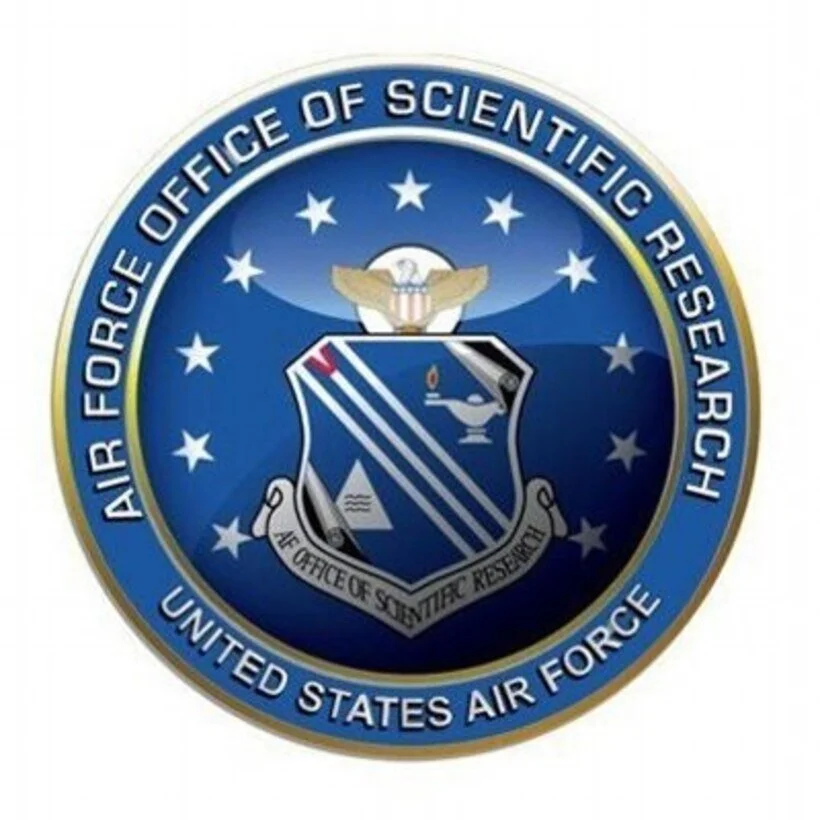Our research spans pure and applied mathematics as well as systems and control engineering.
Dynamic Mode Decomposition And Nonlinear System Identification
This is the main thrust of the Learning DOCK research group. We leverage a combination of operator theory and reproducing kernel Hilbert spaces to analyze discrete and continuous time dynamics, to approximate the dynamics themselves, and to build models for a system based on observed trajectories.
Fractional Calculus and Dynamical Systems
Fractional calculus has come to prominence relatively recently, even though it has been formally available since the mid 19th century. Beginning with applications in the modeling of viscoelastic materials in the 1960s, fractional dynamical systems have yielded a modeling approach that provides another parameter that may be tuned to better fit data. Our group has developed system identification methods and DMD modeling techniques for fractional order dynamical systems as well as numerical techniques and new reproducing kernel Hilbert spaces intertwining multiplication operators with the Caputo fractional derivative via adjoint relations.
Function Theoretic Operator Theory
Our work in studying dynamical systems stems from a solid background in function theoretic operator theory. This brand of operator theory connects function with operators in a variety of ways. This includes composition operators, multiplication operators, Liouville operators, and Toeplitz operators. Frequently our work in this setting is targeted at characterizing those operators that are compact, bounded, or even densely defined.
Reproducing Kernel Hilbert Spaces
Fundamental to all of our research is that of Reproducing Kernel Hilbert Spaces (RKHS). Each RKHS corresponds to a unique positive definite kernel function, which intertwines data (or centers) with function theoretic operators in many nontrivial ways. The development of new RKHSs in our group has paved the way to new numerical methods for fractional order systems, allowed for the direct DMD analysis of higher order dynamical systems, and resolved open questions in pure mathematics such as whether there is a RKHS that has only trivial densely defined multiplication operators.




